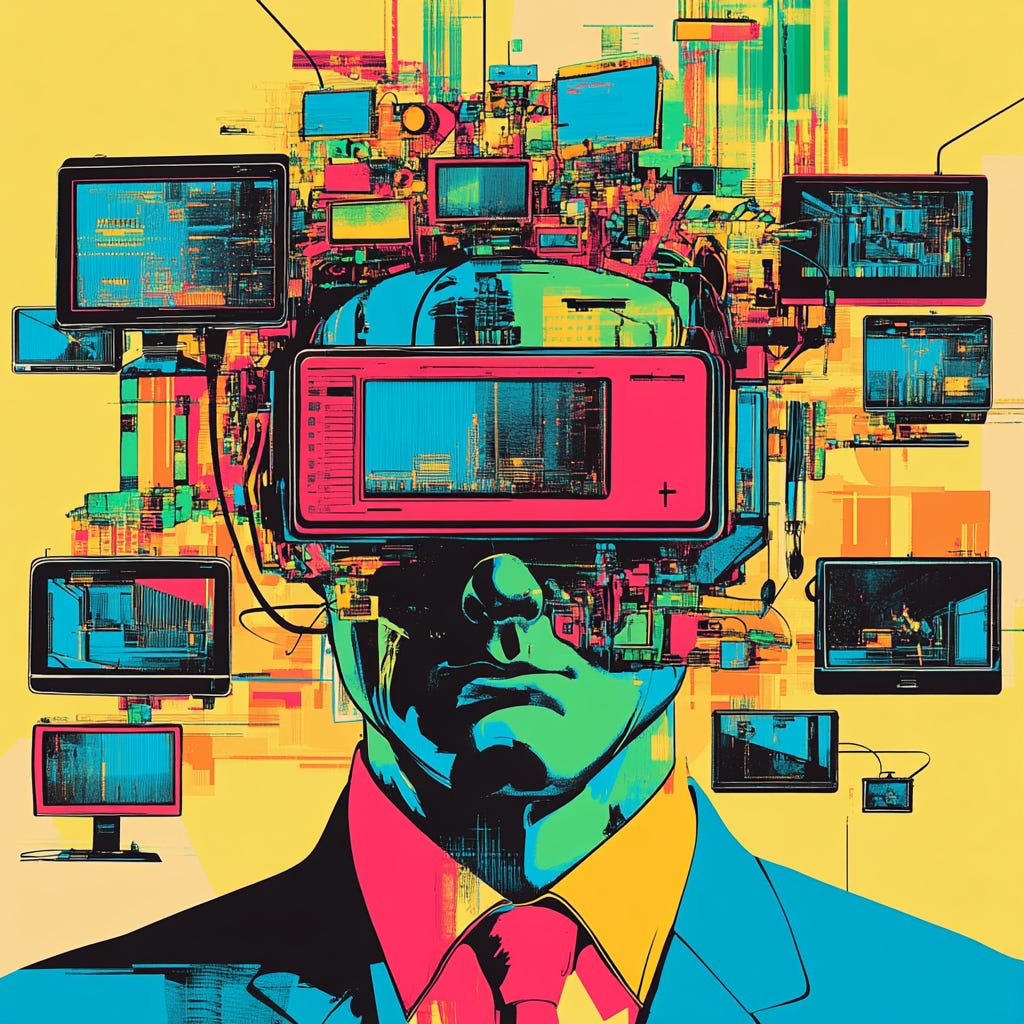In an age where Silicon Valley billionaires are venerated as innovators, disruptors, and visionaries, it’s easy to mistake their rise to power for a shift toward a freer, more open society. Yet, this narrative is a mirage, obscuring the reality that these figures are deeply entangled with the military-industrial complex and intelligence apparatus. Elon Musk, one of the most polarizing figures of our time, exemplifies this dynamic.
Musk’s ventures—SpaceX, Starlink, and Neuralink—are often celebrated as beacons of technological progress. However, beneath the surface lies a symbiotic relationship with government and defense agencies. Contracts with the Pentagon, partnerships with NASA, and silent approval from intelligence organizations underpin much of his empire. The veneer of libertarian independence fades quickly when you examine how closely these projects align with state interests.
Anyone who still believes that placing Big Tech moguls in charge of government functions will slow down the march toward a techno-dystopian future is in for a rude awakening. The integration of private technology corporations into the machinery of state power doesn’t dismantle authoritarianism; it accelerates it. These entities, driven by profit and insulated from public accountability, wield tools of unprecedented control: surveillance systems, AI-driven analytics, and infrastructures that extend the reach of the state into every facet of daily life.
The myth that figures like Musk represent a counterbalance to government overreach is not just naïve—it’s dangerous. Their projects often blur the line between public and private interests, eroding traditional checks and balances. Instead of fostering decentralization or empowerment, they centralize power further, embedding it in the algorithms and networks they control.
In the hands of Big Tech elites, the promise of technological liberation transforms into a gilded cage. Satellites that enable global internet connectivity also double as tools for surveillance. AI innovations designed for convenience can just as easily reinforce social control. The tech utopia Musk champions is not the antidote to authoritarianism—it’s its evolution.
As we navigate the rise of technocracy, it’s imperative to ask hard questions: Who benefits from these systems? Who controls them? And most importantly, who holds them accountable? Without grappling with these questions, we risk sleepwalking into a future where the forces of oppression are not just invisible but celebrated as progress.




